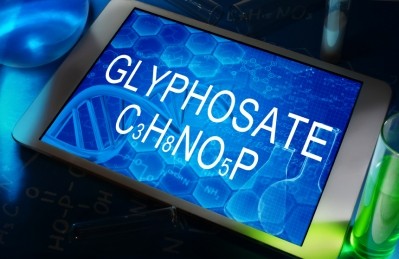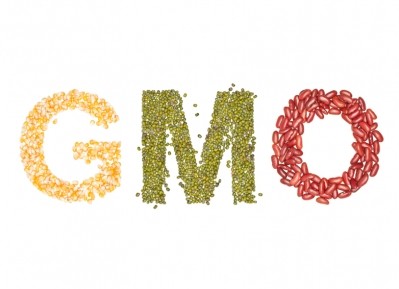MEPs propose glyphosate ban by end of 2020

The non-binding resolution was approved today by 39 votes to nine, with 10 abstentions.
Their call for a full ban on the herbicide comes as EU countries prepare to vote on renewing glyphosate’s license in the bloc next week - on 25 October.
ENVI calls for #glyphosate phase-out by 2020, with 39 votes to 9 and 10 abstentions. Plenary vote next week pic.twitter.com/cXNuy5OKwg
— ENVI Committee Press (@EP_Environment) 19 October 2017
The Environment and Public Health Committee (ENVI) opposes the EU Commission’s proposal to renew the license for 10 years.
The MEPs want the EU to draw up plans for a phase-out of glyphosate, starting with a complete ban on household use and a ban in use for farming given the fact that effective alternative exist, such as integrated pest management systems for weed control.
Agriculture accounts for 76% of the use of glyphosate worldwide.
The EU risk assessment process of renewing the substance’s license generated a lot of controversy, as it saw the UN cancer agency on the one side and EU food safety and chemicals agencies on the other, with different conclusions drawn regarding its safety.
The MEPs want all the scientific evidence that was used for the positive classification of glyphosate and the proposed EU re-authorization of the substance to be disclosed. EU agencies need more supports to enable them to work in this way, they added.
They argued that the release of the so-called Monsanto Papers shed doubt on the credibility of some studies used in the EU evaluation on glyphosate
The EU Parliament is to vote on the resolution on 24 October in Strasbourg, while member state representatives will vote on a Commission proposal to renew the marketing authorization of glyphosate the following day.
Glyphosate is valued in farming as an effective remedy to fight weeds. When the active substance glyphosate was introduced in farming in 1974, it was used for simple weed control that would normally not leave residues in the harvested crops. Later it became common to use glyphosate during the actual cultivation of crops, either for desiccation of for instance grain shortly before harvest or for weed control in crops genetically modified (GM) to be tolerant to glyphosate, like for instance GM soy beans. These new applications result in glyphosate residues in animal feed.
In addition to its properties in weed control, glyphosate is also patented as a broad-spectre antibiotic that can affect bacteria and other microorganisms. Further, glyphosate is patented for its ability to bind minerals.
Source: Danish Center for Food and Agriculture
Research into feed residues
Meanwhile, research is underway in Denmark to examine whether glyphosate residues originating from herbicides used in the feed production can affect the health and productivity of farm animals.
The project, funded to the tune of DKK 10m (US$1.6m) got underway in January 2017 and is set to run until 2020. It is led by Martin Tang Sørensen, senior scientist, the Department of Animal Science, Aarhus University.
The researchers will look at the impact of glyphosate on gastrointestinal microorganisms and on the mineral status in pigs and poultry as well as possible secondary effects on the animals’ health and productivity. The studies will be carried out with newly weaned piglets and laying hens, and will be conducted both at the research facilities at Aarhus University Foulum as well as in a number of commercial herds.
”Depending on the results from these studies subsequent studies could include cattle,” said Tang Sørensen.








